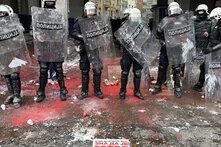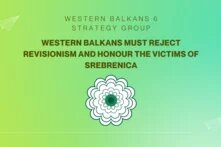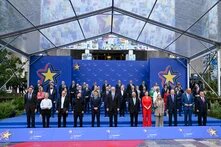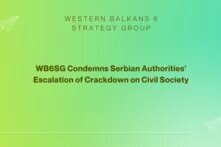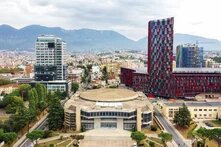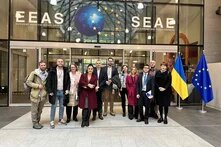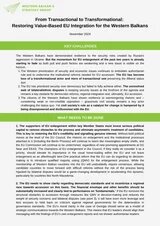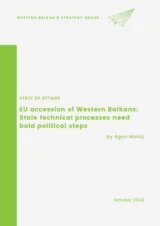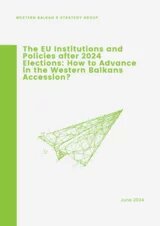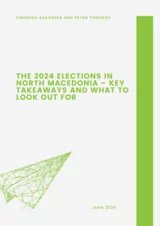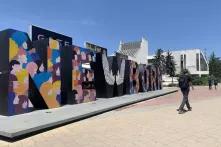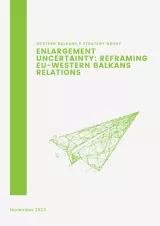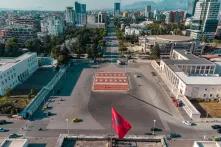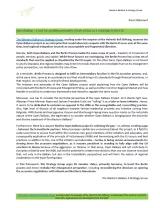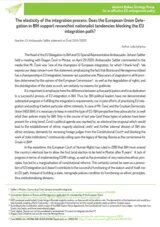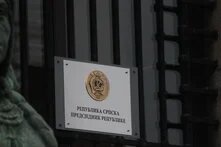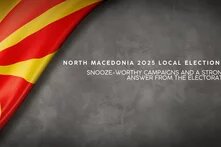Western Balkans 6 Strategy Group
About Western Balkans 6 Strategy Group
The European integration of the Western Balkans countries has stalled because of the unwillingness of EU countries to pursue further expansion, and the unwillingness of most WB6 leaders to undertake the significant and necessary reforms which are prerequisites for Accession.
These delays have eroded the EU’s credibility as a transformative power in the Western Balkans to a significant extent, and have allowed reactionary right-wing forces to thrive in the political landscapes of WB6 countries. If the EU is to regain its status as the undisputed role model for the political and economic development of the WB6 countries, it must change and adapt its policies toward them.
To that end, the HBS Offices in Belgrade, Sarajevo and Berlin have estalished a Strategy Group tasked with conceptualizing and presenting to EU decision-makers policy proposals aimed at revitalizing the EU Accession process of the WB6 countries in line with progressive, green, and gender-sensitive values. The Group consists of prominent Civil Society representatives from each of the WB6 countries, and is subdivided into working groups.

In the light on the shameless smear campaign happening on X platform (ex Twitter), predominantely against Ms Viola Von Cramon, Mr Đorđe Bojović and Mr Agon Maliqi, WB6 Strategy group gives a statement as following:
"We as the Western Balkans 6 Strategy Group of the Heinrich Boll Foundation, consisted of activists and researchers from the region, condemn the increased use of organized social media troll and bot networks by political actors in the Western Balkans, as launchpads for smear and defamation campaigns against committed civil society actors and EU/Western officials who are friends of the region.
We believe that such orchestrated campaigns targeting committed actors with a track record of working for regional peace, democracy and EU accession represent one of the most pressing threats against free speech and democracy. We call upon political actors in the countries of the Western Balkans and those who support democracy and peace in the Western Balkans to treat this issue with the utmost seriousness and to take appropriate measures within their powers."



